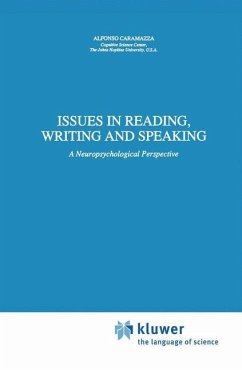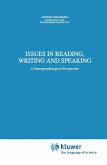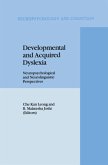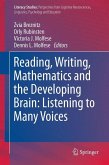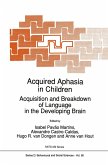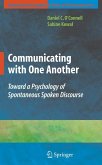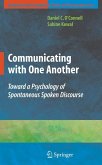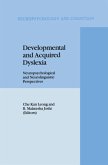" ['etat pathologique ne differe point radicalement de ['etat physiologique, a ['egard duquel if ne suarait constituer, sous un aspect quelconque, qu'un simple prolongement plus ou moins etendu des limites de variation, soit superieures, soit in/erieures, propres a chaque phenomene de ['organisme normal, sans pouvoir jamais produire de phenomenes vraiment nouveaux, qui n'auraient point, a un certain degre, leurs analogues purement physiologiques. Par une suite necessaire de ce principe, la notion exacte et rationnelle de ['etat physiologique doit donc /ournir, sans doute, l'indespensable point de depart de toute saine theorie pathologique,· mais if en resulte, d'une maniere non moins evidente, que, reciproquement, ['exam en scienti/ique des phenomenes pathologiques est eminemment propre a per/ectionner les etudes uniquement relatives a ['etat normal. Un tel mode d'experimentation, quoique indirect. est, en general, mieux adapte qu'aucun autre a la vraie nature des phenomenes biologiques. " (Comte, 1838; pg 696). The principle that an unde. rstanding of physiology can be based on the analysis of pathological states, and that, vice versa, an understanding of pathology cannot proceed without a clear formulation of the structure on normal physiological states formed the basis for the development of experimental medicine in France in the first half of the 19th century, and for the development of neuropsychology in the second half of the 19th century.
Hinweis: Dieser Artikel kann nur an eine deutsche Lieferadresse ausgeliefert werden.
Hinweis: Dieser Artikel kann nur an eine deutsche Lieferadresse ausgeliefert werden.
`Professor Caramazza is one of the few people who could collate this kind of book; firstly, because of the high quality of his work, and secondly, the collection offers a coherent statement of the central issues in neuropsychology.'
Professor John Morton, Director -- Development Unit, London
'The book is of interest to students of language acquisition; investigations into the loss of language (acquired aphasia) can lead to a model useful for examining language acquisition and growth.' Studies in Second Language Acquisition 14:4 1992
Professor John Morton, Director -- Development Unit, London
'The book is of interest to students of language acquisition; investigations into the loss of language (acquired aphasia) can lead to a model useful for examining language acquisition and growth.' Studies in Second Language Acquisition 14:4 1992
`Professor Caramazza is one of the few people who could collate this kind of book; firstly, because of the high quality of his work, and secondly, the collection offers a coherent statement of the central issues in neuropsychology.' Professor John Morton, Director -- Development Unit, London 'The book is of interest to students of language acquisition; investigations into the loss of language (acquired aphasia) can lead to a model useful for examining language acquisition and growth.' Studies in Second Language Acquisition 14:4 1992

